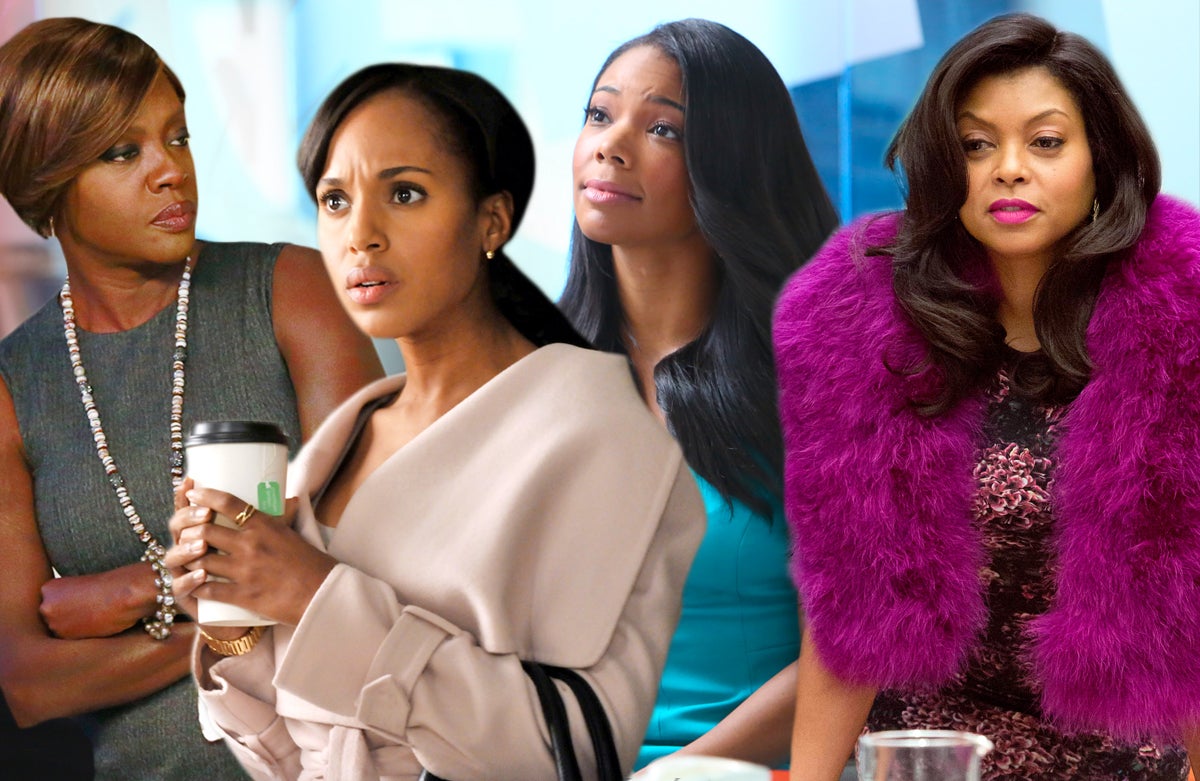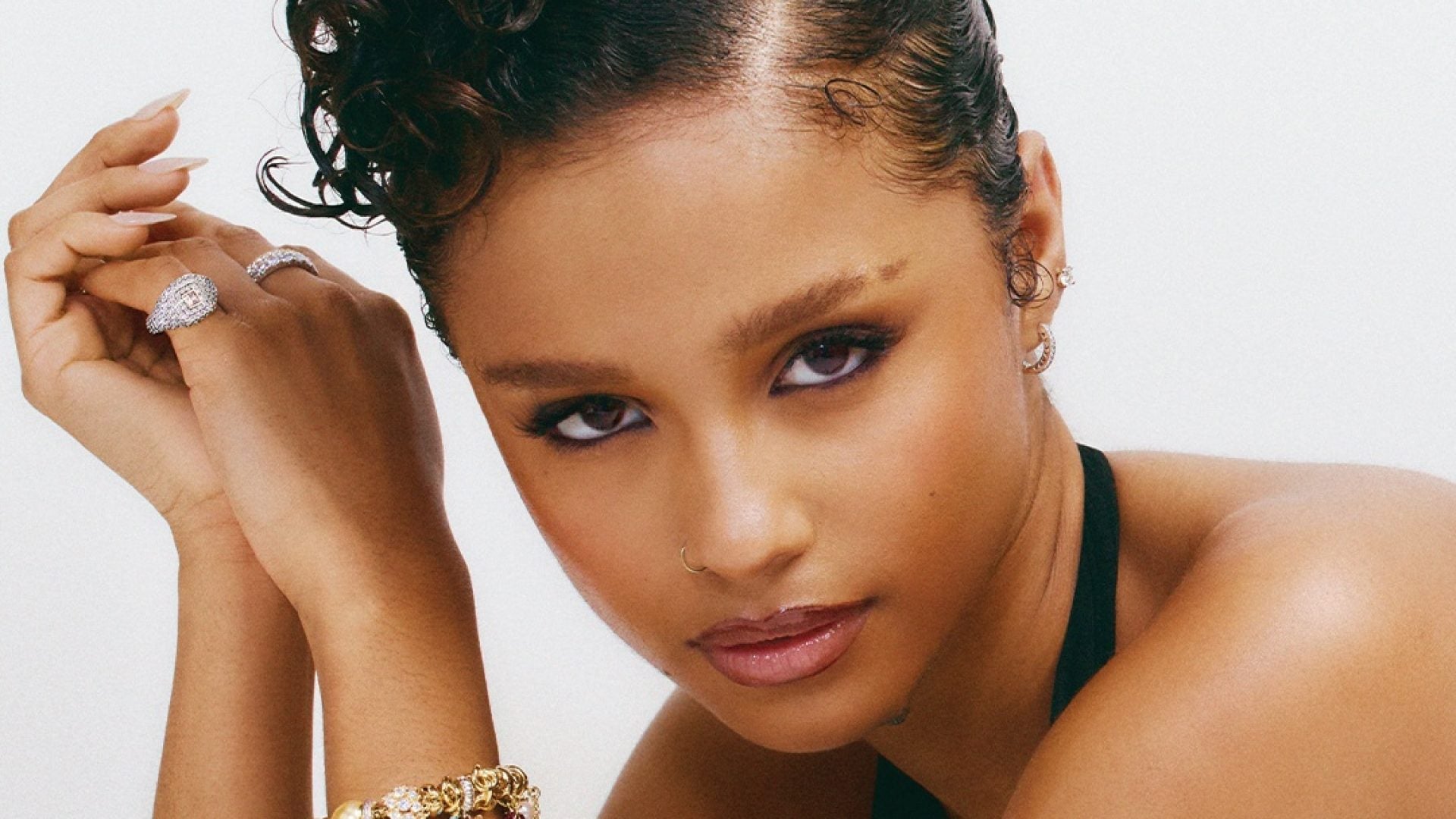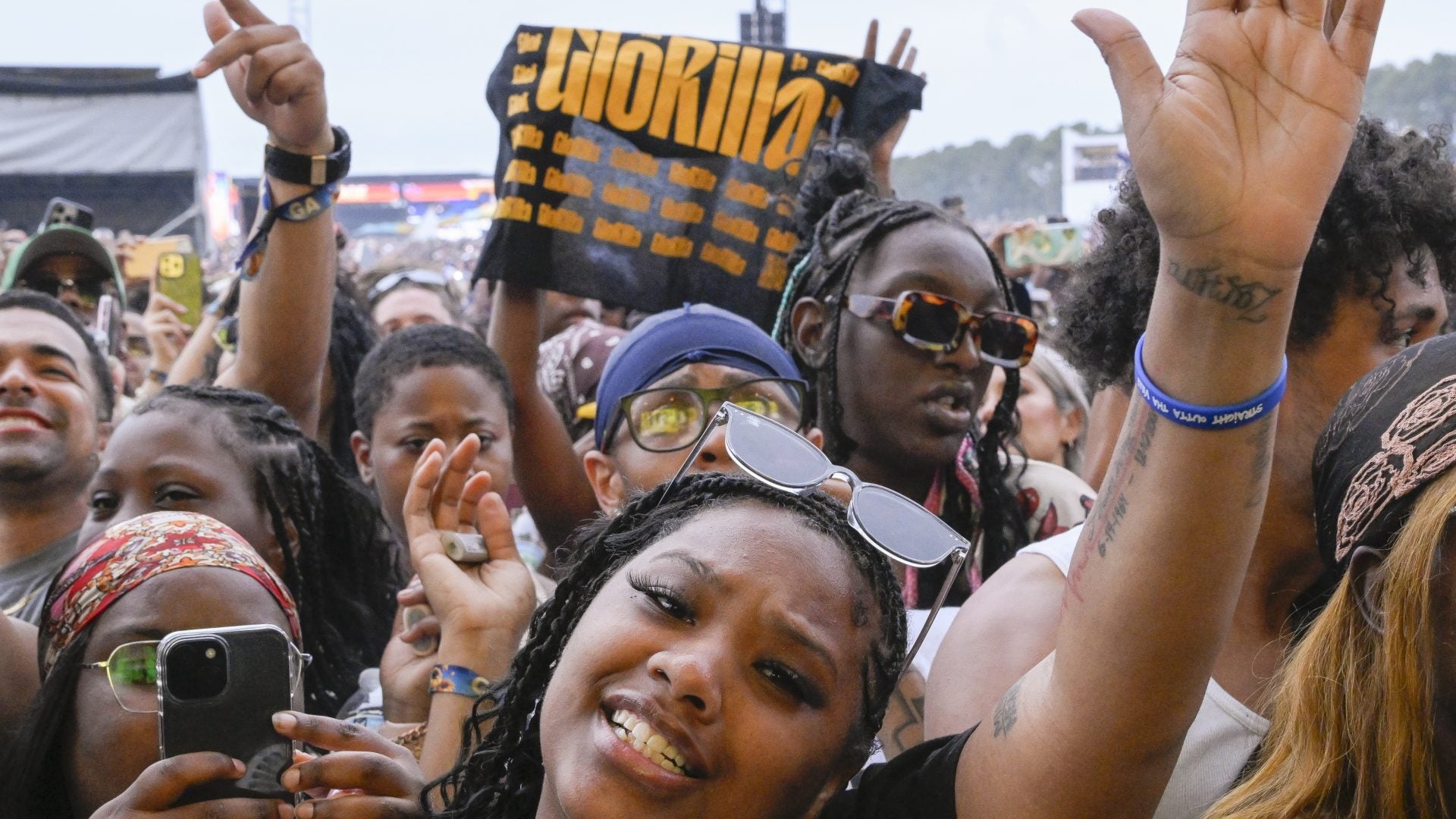
In the not so distant past, Black actresses were reduced to playing prostitutes, the distraught mothers of slain children and best friends on both the small and big screens.
While this sort of casting still occurs, the good news is that a number of African-American stars have made the leap from background players to leading ladies. From Olivia Pope on Scandal to Michonne on The Walking Dead, nearly 30 characters, and the amazing women who play them, are changing the game and proving that there is more than one way to be a Black woman in America.
This is why Viola Davis’ Emmy acceptance speech struck a chord for so many women who for too long have been counted out. “You cannot win an Emmy for roles that are simply not there,” Davis said when accepting the award for her role as the doggedly successful but amoral defense attorney Annalise Keating on How To Get Away with Murder. Davis, 50, is the first African American woman to win a dramatic lead actress Emmy in 67 years.
7 Sisterhood Moments at the Emmys That Will Warm Your Heart
Factor in her victory as well as Emmy wins for Regina King and Uzo Aduba on the same night and the increased number of Black women on scripted shows in general and you can’t help but feel like 2015 has been a banner year for Black actresses. But how those roles are perceived varies depending upon whom you ask.
For instance, there are those who think Taraji P. Henson’s Emmy-nominated turn as Cookie Lyon on Empire is positive and encouraging. Then there are those who think the character is too much of a combative and brash caricature.
Black Actresses on Primetime Should Be the Norm
“While Cookie is seen as a negative example of a Black woman, I think it is just the opposite,” says Shekinah Monee, founder of Perfect Vision Public Relations. “Cookie is an example of how strong and how deep a Black woman’s love runs. It’s also a lesson to young girls that there are consequences to fast money, and things will not always turn out the way that the men in your life say, when you take the “fall” for them.”
Stephanie Penn, the editor-in-chief of Daily Venus Diva Magazine, says Cookie is just one piece of the puzzle.
“The characters that Black women are playing have multiple layers to them,” Penn argues. “They’re fighting evil like Nicole Beharie on Sleepy Hollow, they’re matriarchs like Tracee Ellis Ross on Black-ish and they are media professionals such as Gabrielle Union on Being Mary Jane. Not only are these women on shows that continue to do well ratings wise, they’re also lead characters.
6 Things Every Woman Should Know About Those ‘Post-Sex Blues’ We Saw On ‘Being Mary Jane’
“Sure, Cookie’s loud-mouthed antics can be annoying, but her mere presence on television gives me hope that the tide has started to turn, and it can only get better,” Penn added.
But less can be more, argues Timolin Langin Ross, the founder and CEO of New Fit World TV.
“Cookie is mostly stereotypical and creates a negative and very unflattering image for Black women,” Ross says. “While there are more African-American women on television than I’ve seen in a long time, I think most of the roles perpetuate the angry Black woman on reality shows.
“Cookie appears to love her children. It’s how she speaks to them with such harsh words that again perpetuates the ABW and Sapphire all dressed up.”
But Emmy winning actress Loretta Devine, who has garnered praise for her comical role as Cynthia, a Bible loving mom on NBC’s The Carmichael Show, prefers to see the glass half full and urges fans to accept the good with the bad.
“I’m just excited that we’re on TV,” Devine says. “There are so many Black girls on TV, you don’t even know who they all are. They’re everywhere – Sleepy Hollow, Rosewood – just so many. I’m just so excited because when I came, there wasn’t anybody anywhere.”
Why Did Hollywood Stop Making Black Girlfriend Movies?
Devine said her full circle moment came while watching the Emmys this year and realizing she has played winners King and Davis’ mothers. She has also played Henson’s mom in the past.
“What is even more exciting is that we have more Black women directors than ever before,” Devine, 66, said. “It’s a great day for us.”
How do you feel about the way Black women are represented on TV?






